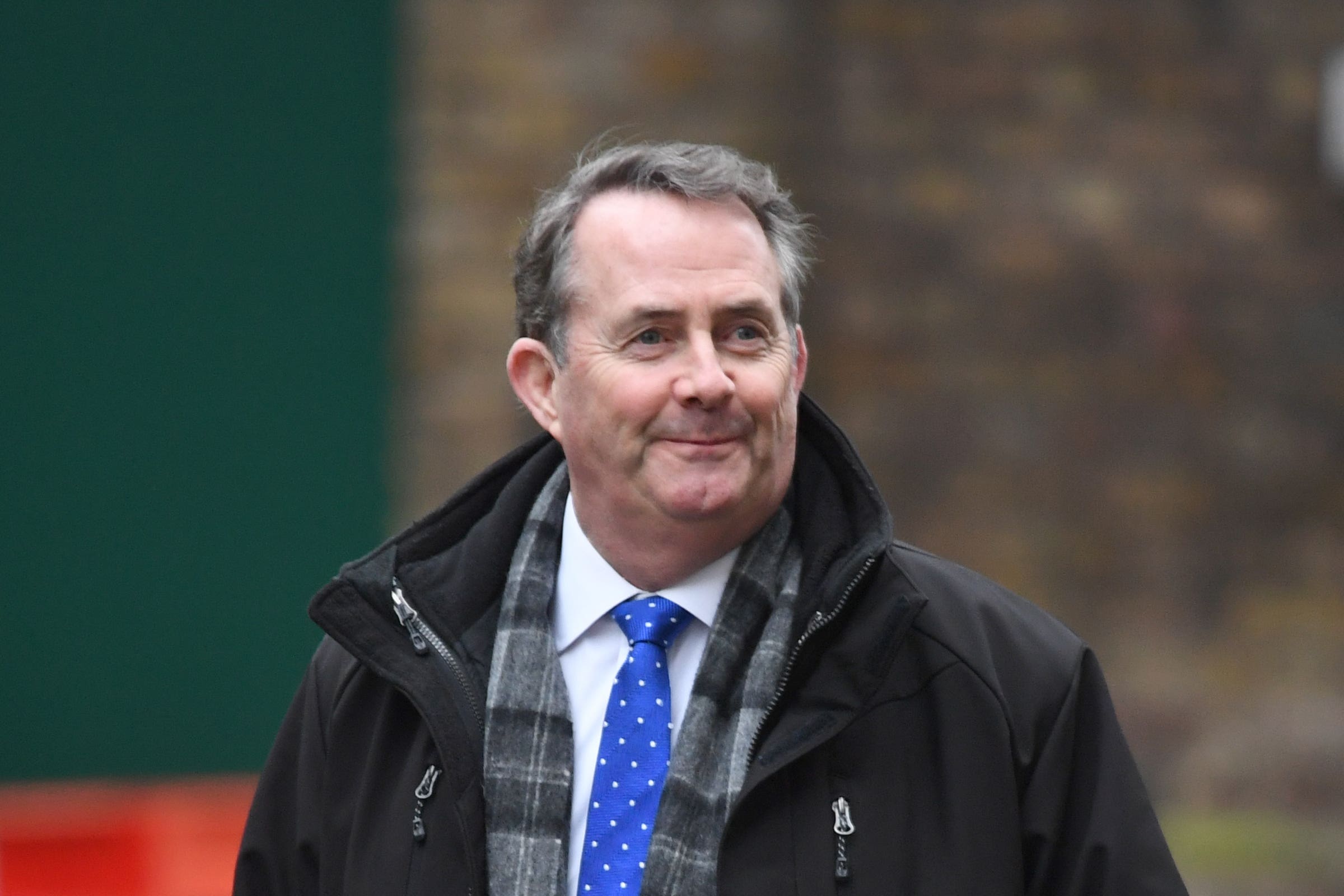Decarbonisation must not cause ‘undue disturbance’ to public, says Tory MP
Dr Liam Fox said the climate debate must be positive if it is to bring people along and ‘augment’ their expected standard of living if possible.

The public will not accept changes needed to stop climate change if they cause “undue disturbance” to their expected standard of living, a Tory MP has said.
Dr Liam Fox, who is chairing the Innovation Zero Congress in London, said he is optimistic about scaling up the UK’s low-carbon sector, but said that for it to be successful the climate debate must be positive.
He told reporters: “We have to evolve the whole climate debate. We’ve got to move away from telling people what they can’t do and start telling people what we can do.
“In other words, shifting the terms of the debate into a much more positive place.
“I think if you were to get public acceptance of the whole climate change agenda and the changes that will be needed, you’ve got to do it in a way that doesn’t cause undue disturbance to people’s expected standard of living and if possible to augment that.”
Deputy Prime Minister Oliver Dowden echoed Dr Fox’s optimism about British businesses in a speech to delegates of the conference, saying the supply of net zero goods and services could be worth £1 trillion by 2030.
He said: “I’ve seen it just as I briefly walked in today and I see it in front of me and in the stands in this magnificent building, the sheer vibrancy already of this sector.
“That’s what makes me incredibly optimistic about the prospects for this sector and that, in turn, makes me incredibly optimistic about the prospects for the United Kingdom and indeed, the whole global economy.”
The Cabinet minister said the UK’s green industrial revolution is already under way, with offshore wind farms taking the place of coal mines in the north of England.
Climate campaigners have criticised the Government however for approving planning permission for a new coal mine in Cumbria and are attempting to stop its progress in the courts.
Business Secretary Kemi Badenoch and Chris Skidmore, author of the Mission Zero report on how to decarbonise the UK, were also due to speak but pulled out as their expected appearance clashed with a parliamentary vote on the Retained EU Law (Revocation and Reform) Bill.
Earlier in the day, professors David King and Johan Rockstrom issued a dire warning that the current trajectory of the planet’s warming climate will result in the widespread collapse of life on Earth by the end of the century.
They told delegates that without deep and rapid emissions cuts as well as scaling up of carbon capture technologies, the climate may heat uncontrollably.
Hundreds of people in the UK’s low-carbon sector have gathered at the conference to discuss ways to avoid the crisis by advancing and financing green technology and businesses.
Among them are renewable energy and recycling companies, banks, universities, recruitment agencies, as well as oil majors Equinor and ExxonMobil.
Equinor, which is based in Norway, is seeking to open up the Rosebank oil and gas field in the North Atlantic, which is thought to contain around 500 million barrels of oil.
The International Energy Agency and the Intergovernmental Panel on Climate Change have said that any new oil and gas infrastructure would compromise international climate targets.
Bookmark popover
Removed from bookmarks